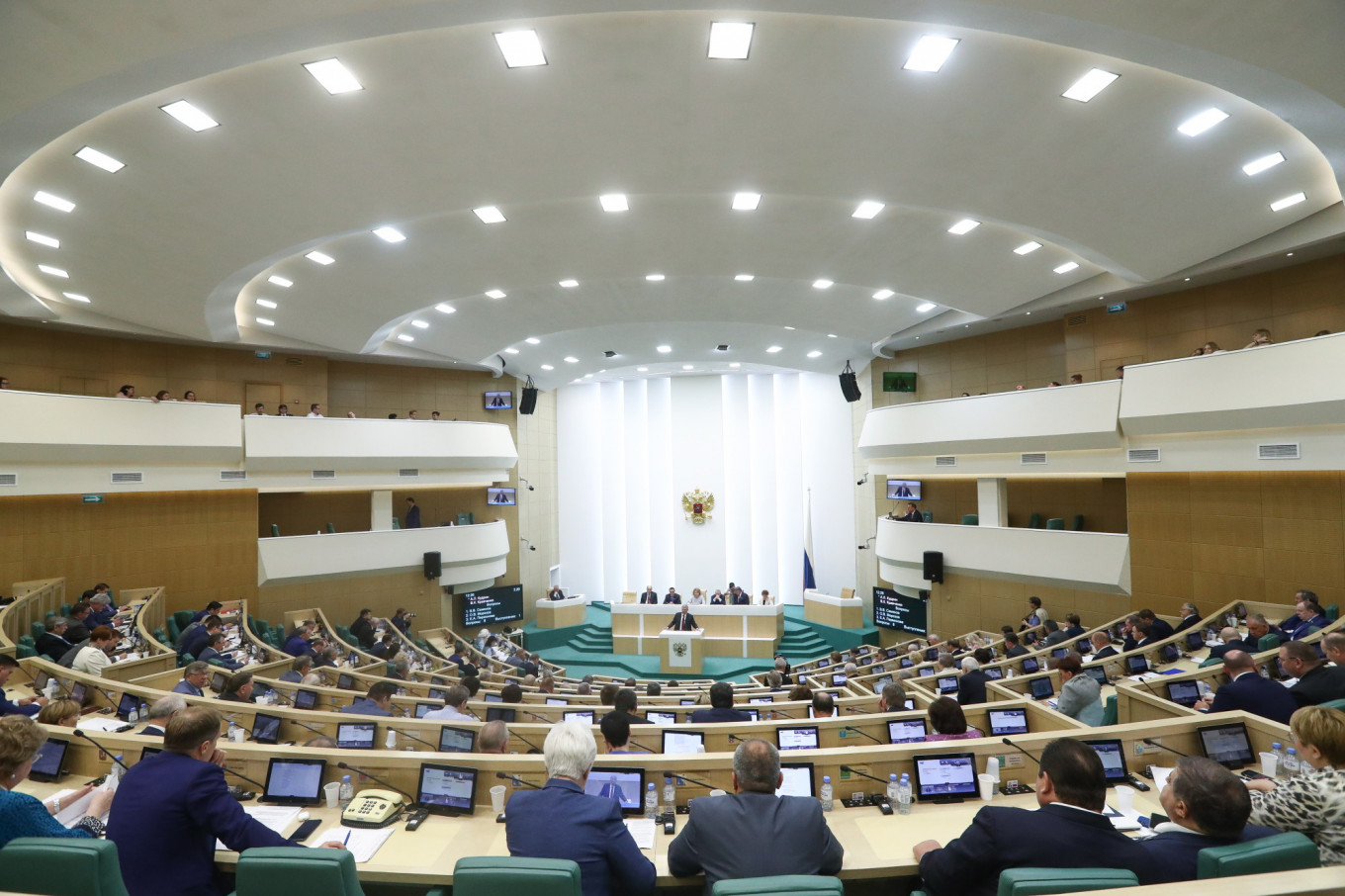
Starting this month, a slew of new laws and rules has entered into effect in Russia that will change different aspects of life in the country, including regulations of the internet, the ability to top up e-wallets and make religious pilgrimages.
Here’s a look at three major laws that came into effect Nov. 1:
Sovereign internet
Russia’s controversial “sovereign internet” law came into force today. The authorities have said the purpose of the law is to safeguard the country’s ability to access the internet in case it is shut down from the world wide web by a hostile power.
Officials have said that the law won’t isolate the Russian segment of the internet, but experts have said that it is a likely scenario.
Artyom Kozlyuk, the head of the Roskomsvoboda internet rights group, told The Moscow Times that the law will allow the authorities to gain “total control of the net’s infrastructure inside Russia.”
“We had laws controlling content, we had a law regulating communications, and now the authorities want to control the infrastructure, connection nets, Internet Exchange Points and equipment,” he said.
Now that the law has come into force, Kozlyuk says that Russia may face more cases of regional internet shutdowns, such as those that happened during protests in Ingushetia earlier this year.
Meanwhile, experts have said that the implementation of the sovereign internet law will be problematic, as the by-laws have not yet been passed.
Digital wallet restrictions
Starting today, Russians will not be allowed to top up digital wallets like PayPal and Yandex.Dengi anonymously. Users will have to connect their bank accounts to make payments and will no longer be able to go to special terminals that accept cash.
The authorities have said that the aim of the new law is to prevent money laundering and the funding of terrorism.
The law has been criticized as digital wallet systems themselves minimize such risks: They cannot be used to make payments abroad or to individuals.
New pilgrims status
Starting this month, religious pilgrims in Russia will be given a special legal status. According to the law, pilgrims are those who travel to religious sites or who to take part in religious rites and ceremonies in trips that last between 24 hours and six months.
Religious organizations will be given the exclusive right to make group pilgrimages, though pilgrims will still be able to travel independently. The law was designed to prevent scams involving organizations that accept payments for pilgrimage services.
The law additionally stipulates that tourists visiting religious sites must comply with the dress code and rules of the site they are visiting.
